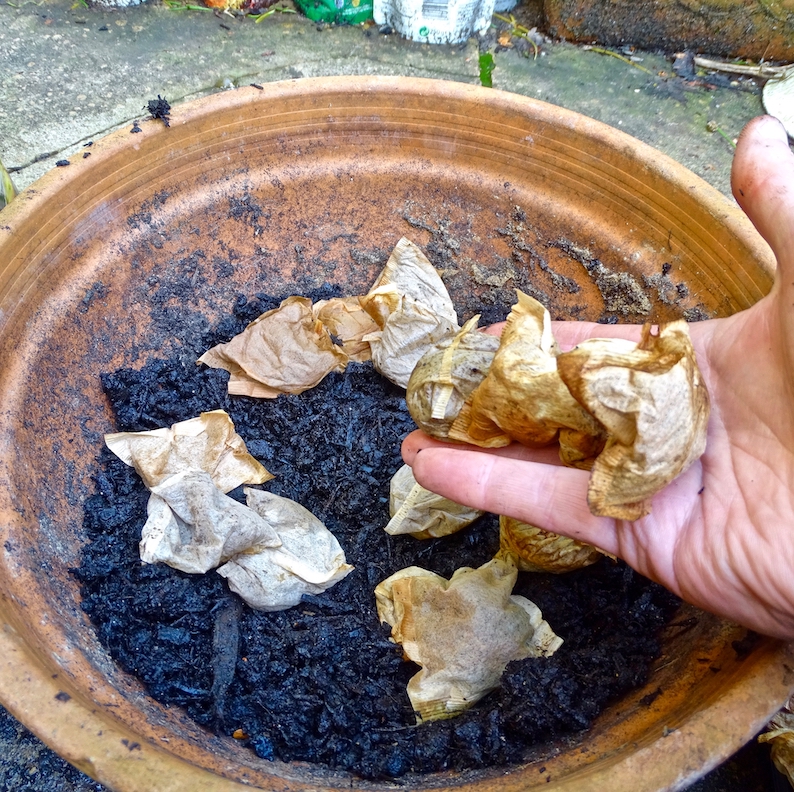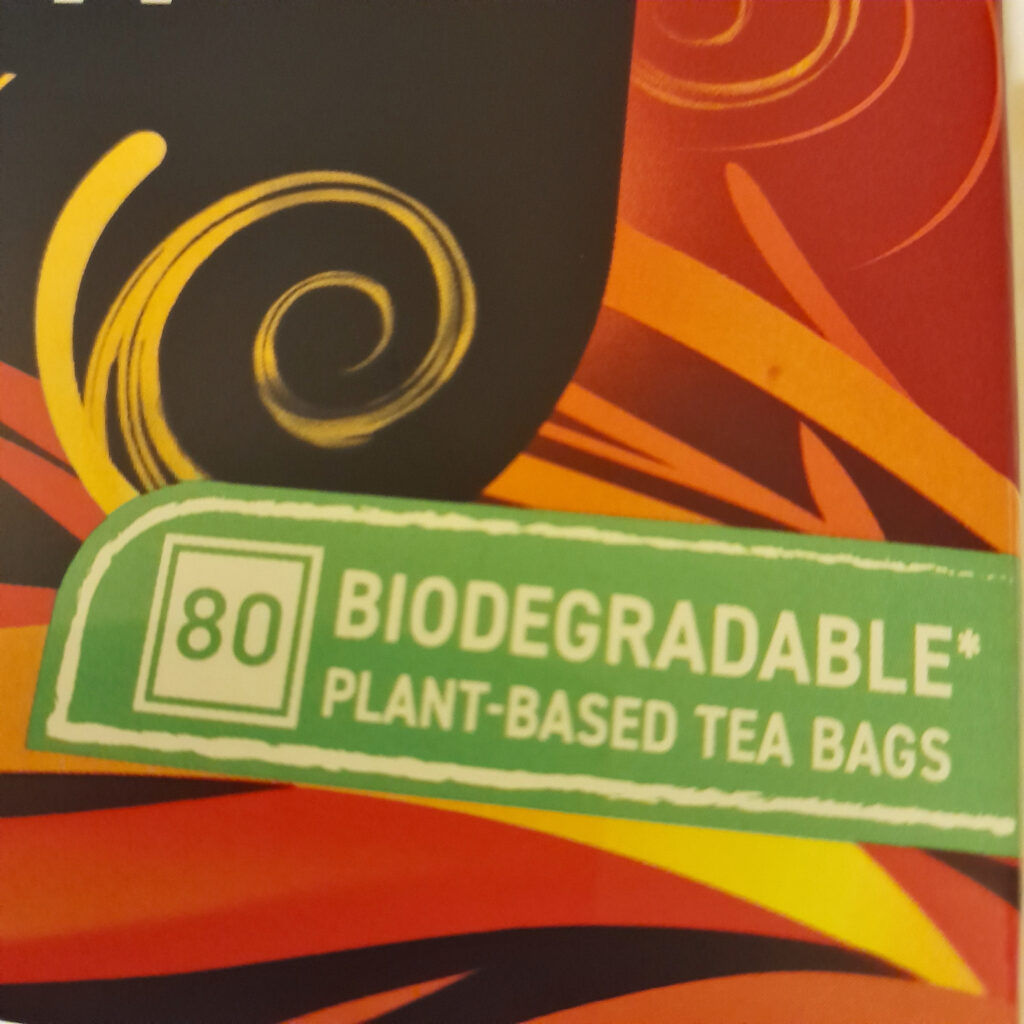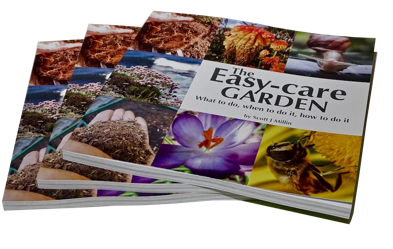Easy-care guide to recycling teabags

By Scott J Millin
Teabags have long been a staple in many households for making cups of tea. However, now that more manufacturers are making biodegradable plant-based teabags, you can recycle them in containers.

Teabags contain tea leaves that act as a natural fertiliser for plants, including nutrient-rich ingredients such as nitrogen, potassium, and phosphorus, all essential for plant growth. As the teabags slowly decompose, they release these nutrients into the soil, providing a continuous and slow-release food source for the plants, promoting healthy growth and vibrant blooms.
Teabags will also retain moisture in the soil, improving drainage and the plant’s overall health. You may also be surprised to learn that teabags provide a natural pest repellent in plant pots. Certain compounds in tea, such as caffeine and tannins, have been proven to repel pests such as chafer grubs, slugs, snails, and aphids, protecting your plants from potential damage.
Another benefit of using teabags in plant pots is that they can help reduce waste. Reusing teabags in plant pots gives them a second life, reducing waste going to landfills and promoting sustainable gardening practices. It is a simple yet effective way to make a positive difference to the environment while caring for your plants.

If you liked this article, please consider purchasing The Easy-care Garden book. Full of easy to understand advice for both the novice and experienced gardener. Still undecided if this book is for you? Then see the five-star testimonials from Facebook to see what the other readers are saying about the book.

